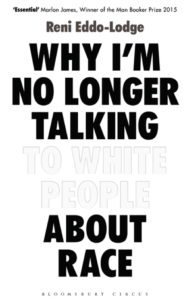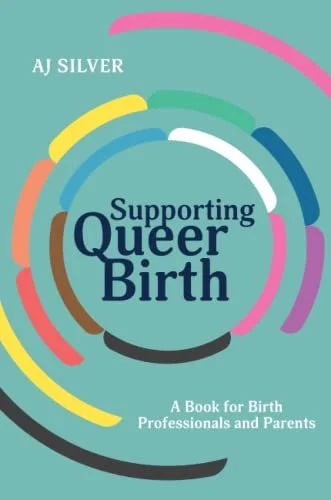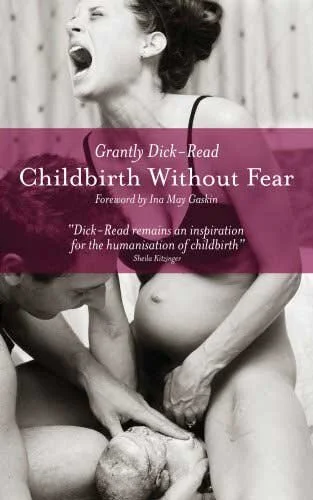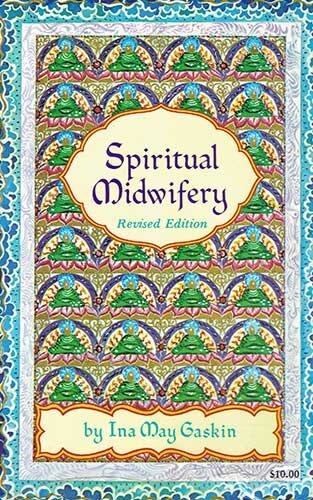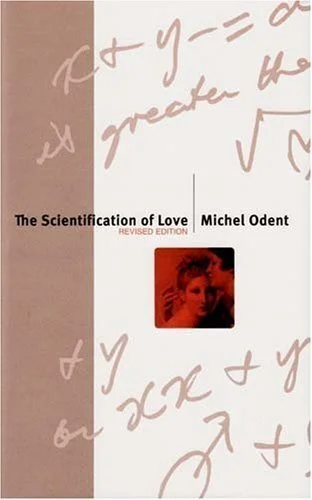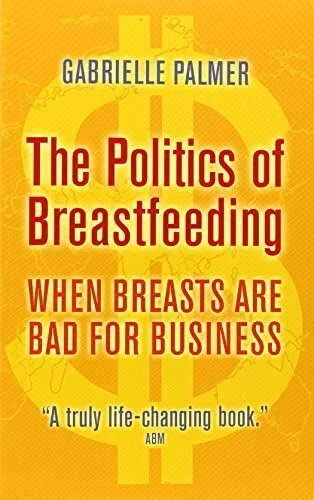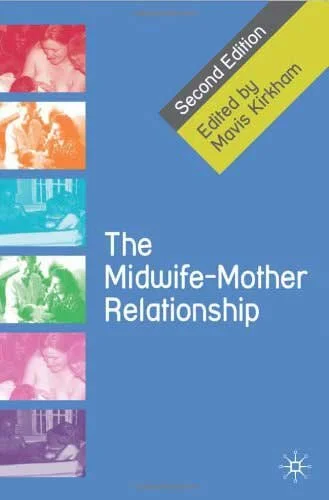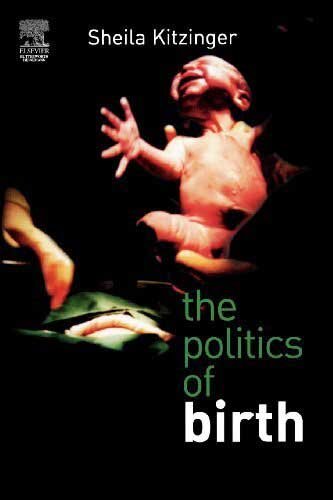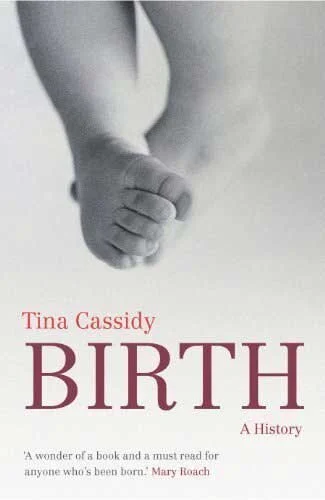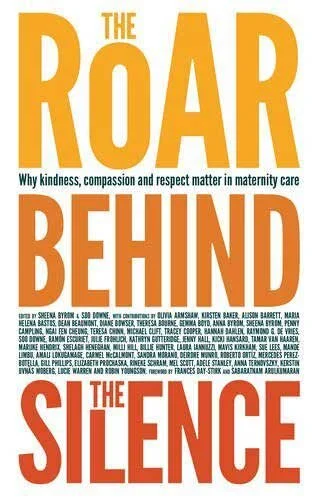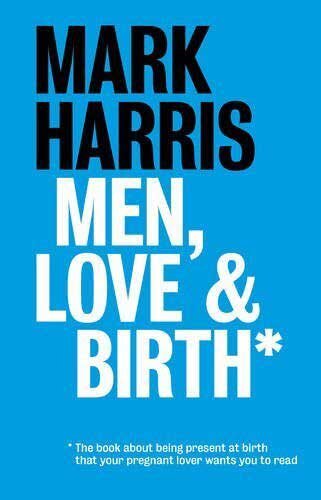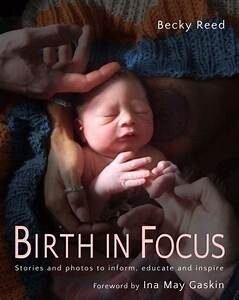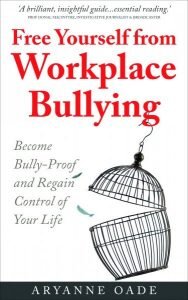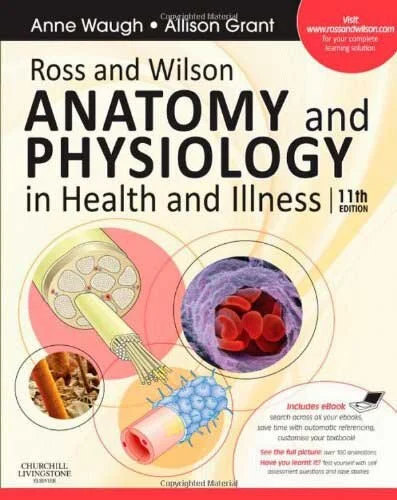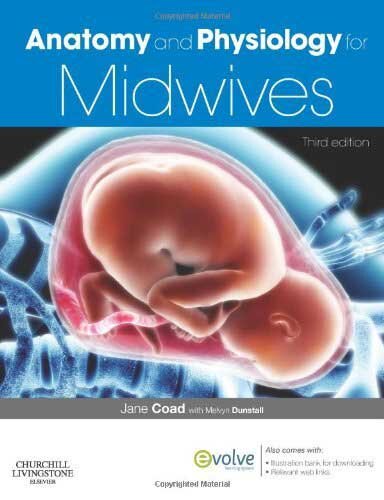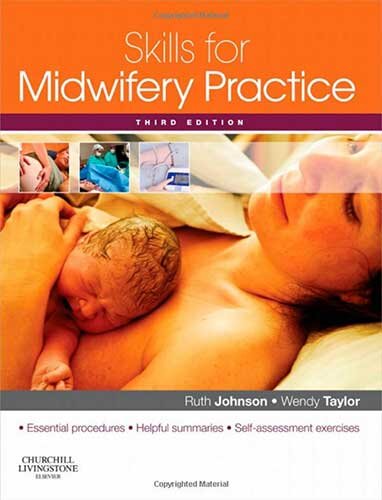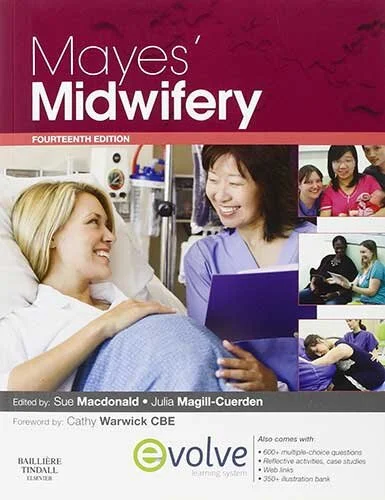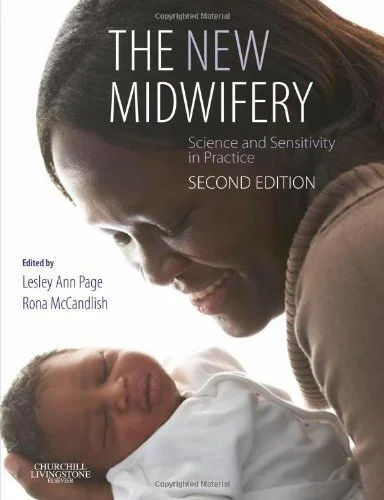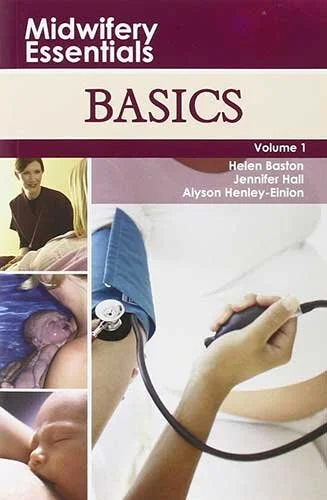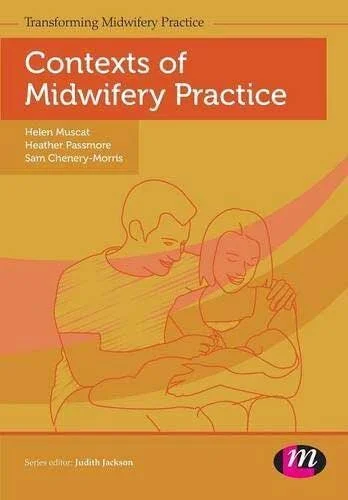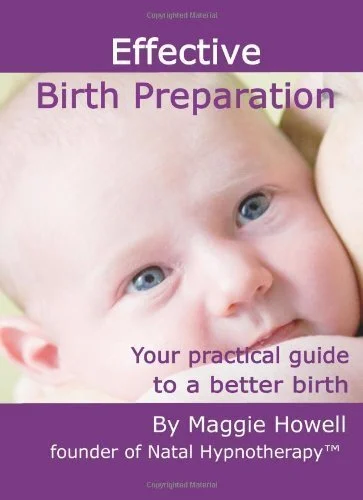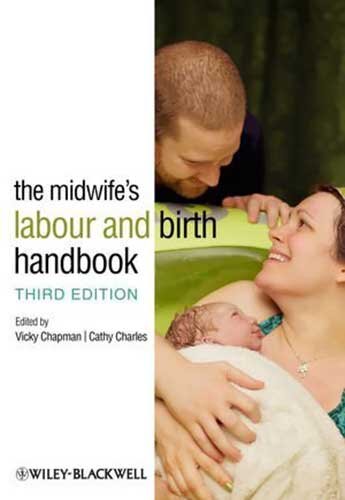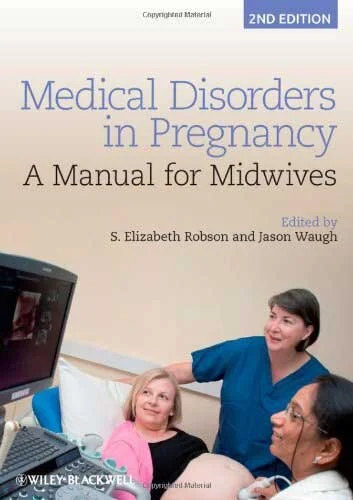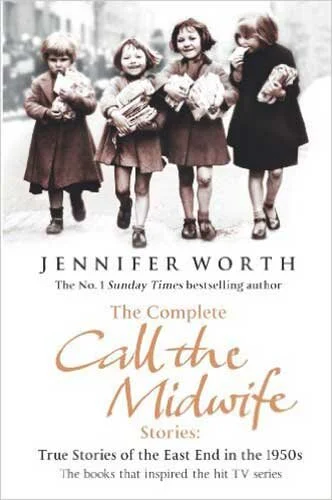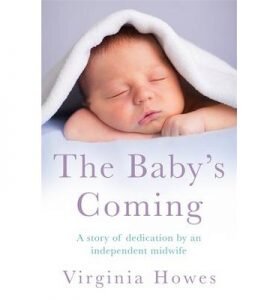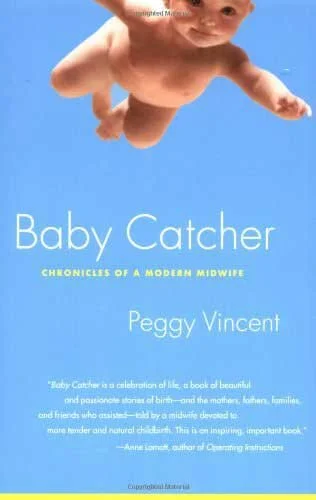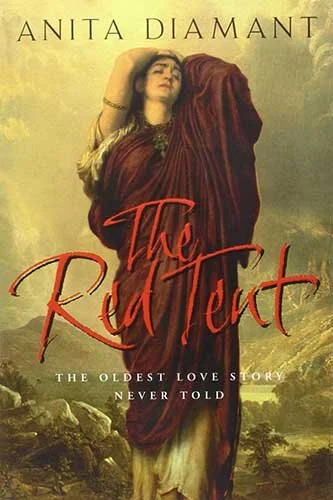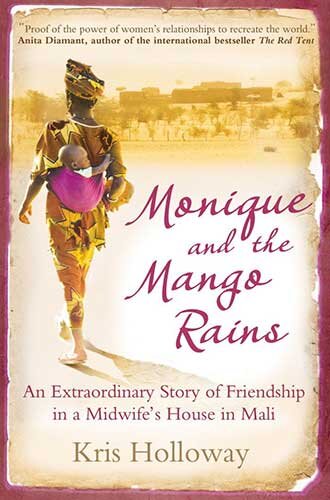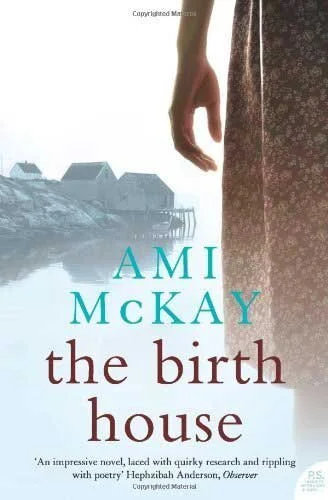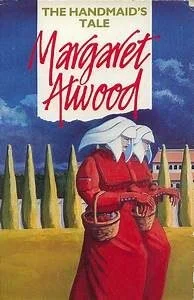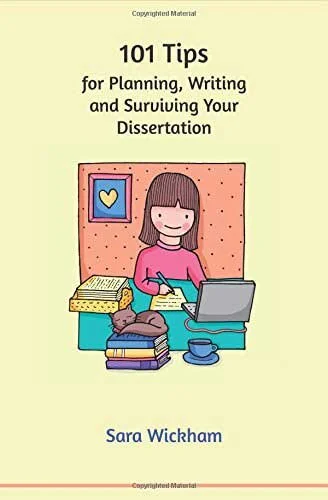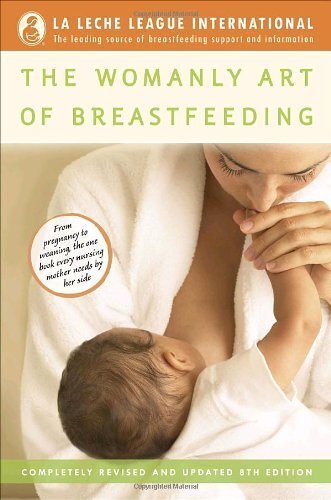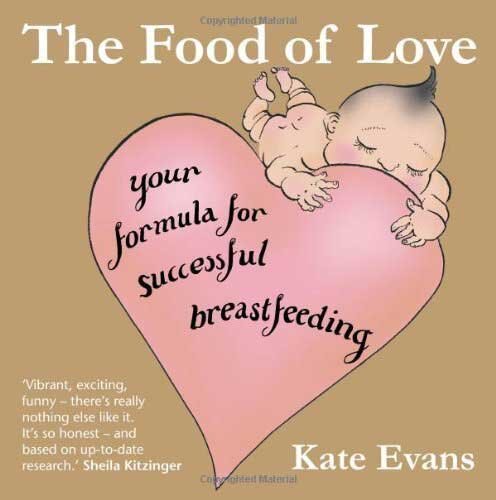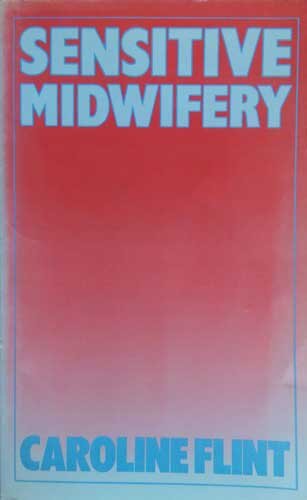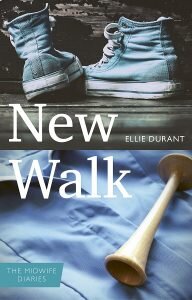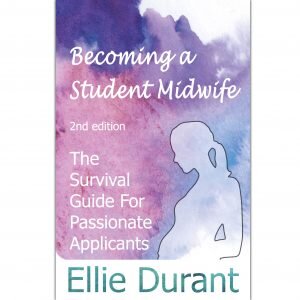The Secret Community For Midwives In The Making Reading List
I first became obsessed with midwifery when I was a teenager, and I found out Waterstones had midwifery books. And I could ‘browse’ them for free.
I'd turn up most weekends in the bookshop cafe, order the cheapest coffee on the menu and then take Mayes or Myles Midwifery from the shelf, remove my bookmark, and start where I'd left off. I made notes.
I suppose I should have felt bad about never buying the books, but I was young and skint and no-one else seemed to be reading them.
Also, reading has always been the perfect act of rebellion. Books pass knowledge along in a powerful but quiet way.
The fact I was getting away with something made me even more excited to learn about fetal skull sutures, physiological haemodilution, and the let-down reflex.
If like me, books are an essential part of life that make your midwifery heart flutter I hope you’ll find this Reading List exciting. And if you’re not so into reading, I hope you’ll be able to choose where to spend your time as we’ve put together our best recommendations.
Landmark Books
Books on the ideas and findings that have changed midwifery
Why I'm No Longer Talking to White People About Race, (2017)
Supporting Queer Birth: A Book for Birth Professionals and Parents Paperback, (2022)
Childbirth Without Fear The Principles and Practice of Natural Childbirth (1942)
Spiritual Midwifery (1975)
The Scientification Of Love (1999)
The Politics of Breastfeeding When Breasts are Bad for Business (2009)
The Midwife-Mother Relationship (2010)
The Politics Of Birth (2005)
Birth A History (2007)
The Roar Behind The Silence (2015)
Men, Love and Birth (2015)
Why I'm No Longer Talking To White People About Race (2017) I'm starting with a book that's not specifically on midwifery. But this is one of the essential books for any midwife or healthcare professional. UK Women and babies from ethnic minority backgrounds are 5x as likely to die during the perinatal period. This book explains the racism that's baked into our society. If you're white, you will have been raised not to see these issues (notice how many other books on this list are by white people?) See this - and also our community allyship list.
Supporting Queer Birth (2022) A much-needed book to help us care for people who are LGBTQIAP+ written by activist and Doula AJ Silver from The Queer Birth club. Reading this helped me see some of my blind spots and there is plenty of actionable information which is very necessary. The number of people of childbearing age who identify as something other than cis heterosexual is growing, and as a group, they are at risk of many things ranging from hate crime to being denied or otherwise not accessing healthcare. I like AJ’s straightforward communication style, they have a quality and emotion in their words that stayed with me.
Childbirth Without Fear: The Principles and Practice of Natural Childbirth (1959) Grantly Dick-Read
Lots of people look at this book as a key part of the natural birth revival that happened in the UK. Grantly Dick-Read (don’t you love such an old-fashioned name?) was an obstetrician who practised in the 1920s. He realised many women birthed better with no intervention. He was regarded as a heretic and banned from his practice. But then he started his own unit and became the first president of the
He was regarded as a heretic and banned from his practice. But then he started his own unit and became the first president of the National Childbirth Trust. Being a man from the early 1900s, his writing is sexist and racist in places, but the stories are fascinating, and his emphasis on a woman-led, calm atmosphere being better for birth holds just as true.
The 2013 version here has an awesome cover and a forward by Ina May Gaskin.
Spiritual Midwifery (1978) Ina May Gaskin
Oh, where to begin! Ina May Gaskin is a hippie whose midwifery heyday was in the 1960s/70s. As you may have noticed, America gets everywhere. The brand of America is massive. That’s why when the big childbirth revolution, changing from a doctor-led, paternal style of care, to a woman-centred model was moving across the globe, Ina May Gaskin’s book ‘Spiritual Midwifery’ caught the moment.
It is a seriously cool book. Hippies are cool. They were part of the massive social change, they were using a whole different language, growing their hair, wearing different clothes – and they understood the fundamentals of psychological support for childbirth, and communicated it in a way that resonated.
It’s a piece of midwifery social history.
It's out of date and contains what we’d now call questionable practices – for instance, drinking alcohol to stop preterm labour. But reading it is an education.
Anything by Ina May Gaskin, including Birth Matters, and Ina May’s Guide to Breastfeeding are well worth your time.
Scientification Of Love (1999) Michel Odent
Michel Odent is a charismatic French obstetrician and natural birth advocate. I’ve written about him before here on Midwife Diaries; he’s influential, brilliant, and poetic in his writing in a particularly French way. He’s written a huge amount of books and articles, and it’s all good stuff. This is the small volume that got me into his work when I was a student writing a waterbirth essay. I find wonder in science, and the way birth, hormones and love are addressed in this book lit a fire for me - if you're a midwifery nerd too, you'll love it.
Anything by Michel Odent is likely to change the way you think about pregnancy, birth and the postnatal period, in a really good way.
The Politics of Breastfeeding: When Breasts are Bad for Business (2009) Gabrielle Palmer
Gabrielle Palmer is a breastfeeding campaigner who in this book points out everything which is right with breastfeeding, and everything which is wrong with the way in which it’s supported. Beautifully draws attention to how in our largely capitalist society, we show what’s important by spending money – and breastfeeding is free, which causes all kinds of confrontation and clashes.
The Midwife-Mother Relationship (2010) Mavis Kirkham
Fantastic quote from this book:
‘I often hear midwives talk about how we need to empower women. There is an inherent contradiction in such a statement. None of us can ‘empower’ another person or indeed give women power. By its very nature, power is not given but taken.’
A selection of experts on navigating the incredibly challenging and rewarding relationship between midwives and mothers, with an objective understanding of the difficulties midwives face. Edited by Professor Mavis Kirkham, who is an amazing midwife and researcher and change-for-the-better-pusher. Sally Pairman and Mary Cronk are also in here, brilliant midwife authors.
The Politics Of Birth (2005) Shelia Kitzinger
Shelia Kitzinger was a birth activist and anthropologist (anthropology being the study of humans), who was an excellent academic – but her writing always comes back to the practical facts for women and families. This book will bring you up to speed on complex midwifery philosophy and politics. Shelia died last year and has left an absence; to describe what she was like as a person (and author) her family report she died in bed eating chocolates and drinking champagne. May we all go with such style. Anything you read by Shelia Kitzinger is a good bet.
Birth: A History (2007) Tina Cassidy
Written by a mother, inspired by her first birth. Tina Cassidy is American, but this covers as many cultures and times as possible. It’s conversational, sisterly and tells a near-complete story of birth, which is a very hard thing to do.
The Roar Behind The Silence (2015) Sheena Byrom and Edited by Soo Downe
The most recent book by midwives, parents, maternity care works and others on how to cope with the enormous challenges, and the changes around the world towards respectful, woman-centred care. It’s a book about hope, struggle, research, and tips….it’s like a massive, sunlit, hopeful midwifery college.
‘Tell a newly qualified midwife that her handover was really good. Tell your manager if they helped you with a difficult situation. Tell someone if you admire their suturing or if a woman whose care you took overpraised them. Say it out loud so they know and be specific.’
Men, Love and Birth (2015) Mark Harris
I’ve seen male midwife Mark Harris speak and he’s so passionate and energetic – and he not only has a lot of evidence and experience in his writing, but he also just ‘gets it’. He understands the fundamentals of what women need from their partner to be well supported during pregnancy and birth. This is essential reading for midwives, students, men, pregnant women – anyone interested in birth really. He also advocates some sexual techniques that did make my mouth hang open a bit (in a good way), don’t lend it to your Gran!
New Category: Ellie's Picks
To me, these are midwifery book must-haves.
Birth in Focus (2016) Becky Reed
I wish I was good with a camera – but I just have one thing and that’s writing. Becky Reed though is a midwife photographer (she might disagree with that description but to me that’s what she is, even if it’s not her that’s holding the camera, the scope of this book displays her talent).
There’s gentle physiological birth but also complex homebirth and caesarean. This is a pioneering book that uses technology in midwifery in the right way – so women can see with their own eyes what’s possible. The essence of this book is that the future of birth must be in the hands of women and midwives.
Becky helped set up the world famous Albany midwifery practice and the forward is by Ina May Gaskin. I love that Becky’s sense of humour and celebration comes through.
Free Yourself From Workplace Bullying (2015) Aryanne Oade
I hope bullying never happens to you in midwifery. But the truth is bullying is more common in midwifery than other areas of the NHS for reasons to do with staffing pressures, litigation and heirachy. I want you to be able to look out for yourself, students and staff. It might sound not that nice but if you’re prepared, you can recognise moments of bullying and address them.
Small moments of confidence can head bullying off and mean it never becomes a problem between you and the person who would have been a bully. It takes practice but you’re powerful.
For a brilliant step by step guide on how to practice this confidence and what to say in the moment, see this book. It's solved many bullying issues and is an essential for every midwife to read in my opinion.
Textbooks, Practical Learning and
Fact Learning
Ross and Wilson Anatomy and Physiology in Health and Illness (2014) Anne Waugh and Allison Grant
A gorgeous, clear human biology guide with easy to read text explaining what’s happening under and on your skin. If you enjoy a good illustration or are one of those visual learners I’ve heard so much about, you’ll like this. Great for the basics of A + P that you'll likely have an exam on in the first year of midwifery training.
Anatomy & Physiology for Midwives 3 (2011) Jane Coad and Mary Dunstall
I had the old version of this back when I was a student, and it’s helpful for exam revision, and for learning all the essential stuff you need to know to get good clinical skills. As you’d expect from the title, this, as opposed to the ‘Ross and Wilson’ guide above, is more midwifery focussed. If you already have lots of human bio knowledge, and just want the midwifery Anatomy + Physiology, this could be a good choice for you. Again, excellent explanations and visual learning support.
Skills For Midwifery Practice (2010) Ruth Johnson and Wendy Taylor
Evidence-based, new, clear illustrations, - the next edition is out March this year (2016). The last edition was comprehensive, easy to follow, and as far as textbooks of this type go, covered almost every midwifery skill. Great for new student midwives as a go-to guide in your bag.
Mayes Midwifery (2011) Sue Macdonald and Julia Magill-Cuerden
This is one of the two big midwifery textbooks on the market. It’s pretty amazing really, a huge attempt to cover every midwifery topic in a good amount of detail. I have old colleagues and lecturers who have written chapters. The problem is evidence goes out of date so fast. The most recent version of Mayes is the 14th edition, out in 2011. These big textbooks can be good to give you a grounding, but I’d suggest not trying to read the whole thing or take every last word of it as gospel. I’d also buy second hand – see the end of this post for why.
Myles Midwifery (2014) Jayne Marshall and Maureen Raynor
This is the other big midwifery textbook. I've got a video on choosing between them here, but essentially they’re similar, just written by different midwifery experts. If you have to choose between Mayes and Myles, go for the one that’s most recent.
These kind of books are about giving you an overview. Again, second hand is best and cheaper…
Both Mayes and Myles come with cool e-features like quizzes, tests, online versions and so on if you buy them new. But I suspect you won't be at a disadvantage to get second-hand books and skip the extras.
The New Midwifery: Science and Sensitivity in Practice (2006) Lesley Ann Page and Rona McClandish
This stands out for me when I remember books I had as a student midwife. It’s lovely. I think about it kind of like a textbook for people who like to read and learn via story telling. The tone is more conversational and more woman-centred than many textbooks, with case studies and quotes.
Midwifery Essentials (2009) Helen Baston, Jennifer Hall, and Alyson Henley-Einion
There are four of these books: ‘Basics’, ‘Antenatal’, ‘Intrapartum’ and ‘Postnatal’. They’re actually based on articles from ‘The Practising Midwife’ – which is a great journal focussed on actionable advice for midwives. They’re evidence-based, reference the NMC, and are clear and easy.
If you feel you learn best from reading about the hands-on stuff most of all, these will be great.
The downside is they are now 7 years old, so if I was a student midwife, I’d only buy them if I felt they were right for my learning style.
Contexts of Midwifery Practice (2015) Helen Muscat, Heather Passmore, and Sam Chenery-Morris
A cracking little book that combines approachable text with good visuals aimed to get you learning fast. It’s contemporary, and all about how to be ‘with women’ in an evidenced based way within the diverse communities that midwives care for.
Effective Birth Preparation: Your Practical Guide to a Better Birth (2009) Maggie Howell
This one was written for clients – a great starting point for birth and the psychological needs of women. Lots of good accounts from women; a good summary of research; and written in a lovely calming way that makes you want to dim the lights, play some soft music, and protect a labouring woman’s space.
The Midwife's Labour and Birth Handbook (2013) Vicky Chapman and Cathy Charles
I loved this as a go-to book on labour ward. It’s evidence-based, but also has practical advice – for instance, not being worried if women are very quiet during labour – this can be a very good thing as women retreat inward!
Medical Disorders in Pregnancy A Manual for Midwives (2013)
Medical Disorders in Pregnancy: A Manual for Midwives (2013) Elizabeth Robson and Jason Waugh
Natural pregnancy and birth philosophy is at the heart of midwifery, but chronic conditions, as well as maternal age are rising and this means midwives are seeing more complications than ever before. This is a great, up to date reference guide with bullet point advice and tables on what to do if a woman presents with an eating disorder, chicken pox, epilepsy, or something you’ve never heard of. Great for exams where you could be quizzed on anything, and clinics where you could also be quizzed on anything, but by the women you're caring for!
Fiction/Autobiography/Biography
Call The Midwife (2002)
Call The Midwife (2002) Jennifer Worth
Yep, the series was great (though is it just me or has it got a bit wonky now?) but the book is even better. Jennifer Worth was a very interesting midwife author. Did you know she was also a musician? Her children say she was physically clumsy. She married an artist. She was ballsy, and wise, and had an intuitive grasp of how to care for women and babies.
If you want to understand how midwifery care in the UK has evolved, and get some info on the start of the NHS, and most of all learn about midwifery from someone who has experience but is also a talented storyteller, you should read the whole Jennifer Worth collection.
The Baby’s Coming (2014) Virginia Howes
Awww…I adore Virginia Howes. I believe some women out there are just born to be leaders. An Independent Midwife (who works outside the NHS for private clients) with so much to give and teach, Virginia is an entrepreneur at heart, which is not something often enough associated with midwifery. Her drive, passion, commitment, and ability to think for herself make her one of the modern heroes of midwifery. This book proves she’s a great author too.
Baby Catcher (2003)
Baby Catcher (2003) Peggy Vincent
I’m only part way through this, don’t tell me the ending! Excellent for a perspective from the USA, and as we discussed, America gets everywhere so even if you’re a UK midwife, you’ll benefit from knowing how care developed over there.
A great insight can be gained from her series of care and birth descriptions.
The Red Tent
The Red Tent (1997) Anita Diamant
How to introduce you to this book….? It’s set in Biblical times, and the writing is from the pov of Dinah, daughter of Jacob (The Jacob who was the father of Joseph and his Amazing Technicolour Dreamcoat). Dinah is a midwife, and the story covers early attitudes to menstruation, sisterhood, birth, death, love, life and pain.
Monique and the Mango Rains (2007)
Monique and the Mango Rains (2007) Kris Holloway
This is on my book list and reading the blurb gave me excited chills down my spine. An account of midwifery and birth in Mali, which balances the culture differences and things like female circumcision which we (rightly) find shocking, with the powerful emotions from what it must be like to practice under those circumstances.
The Birth House (2010)
The Birth House (2010) Ami McKay
Another on my reading list – oh for more time and needing less sleep! In Nova Scotia, a province of Canada, there’s rich history of midwifery. From the quick glance I’ve had through, the writing is like a combination of my favourite European female authors (Austin, Joanne Harris, Margaret Atwood), with a deep midwifery philosophy throughout.
The Handmaid’s Tale (1985) Margaret Atwood
Reading this as a teenager I felt like some of my preconceptions were removed, leaving space for the world to rush in. It’s set in the future, in a Christian totalitarian state, where women’s rights have been taken away. A small group of fertile women are kept as breeders as most of the population have become sterile. The description of birth, separation from children, and the religious rule is terrifying, but illustrates perfectly the importance of female human rights – and also addresses how cold the academic world can be.
Miscellaneous wonderfulness
101 Tips for Planning, Writing and Surviving Your Dissertation (2015)
101 Tips for Planning, Writing and Surviving Your Dissertation (2015) Sara Wickham
I really wish this had been around when I was a student midwife! Sara Wickham is a powerhouse modern leader, researcher, midwife and writer, and it’s amazing she’s taken the time to put this together.
The Womanly Art Of Breastfeeding (2010)
The Womanly Art Of Breastfeeding (2010) Diane Wiessinger, Diana West, and Teresa Pitman
An all in one breastfeeding book for women but also for midwives. I love the title. Great evidence-based breastfeeding advice and positivity – it’s the little touches like talking about how babies tend to clench their fists when they’re hungry which are so helpful.
The Food of Love (2008)
The Food of Love (2008) Kate Evans
An amazing cartoon guide to breastfeeding: fun, great for when you’re utterly exhausted and need something evidence-based, but also inspirational and funny.
Sensitive Midwifery (1986)
Sensitive Midwifery (1986) Caroline Flint
I love this book. It’s all about building confidence. Confidence for women for pregnancy, birth and mothering, and confidence for midwives, so they can support women.
It proposes your significant other calls you ‘super midwife’, and reminds you how important midwifery is - and of the fact that if you keep seeking supportive connection, even on the worst of days, you’ll find it.
New Walk (2018) Ellie Durant
This is my midwifery novel - my favourite review is here:
'I absolutely loved it! Chloe is a very strong and relatable character, and her story is emotional and inspiring. It's uplifting in parts and heartbreaking in others, which is everything I look for in a good book!
I love how Chloe sticks up for what she believes in and how the author has packed so many controversial, real life issues into her story such as drug addiction, abortion, bereavement and relationship issues. This is a fantastic coming of age novel, whether you're interested in midwifery or not, but as an aspiring midwife, it was also very insightful and educational in parts. It has a running theme of promoting normality and informed choice, and shows many of the challenges to achieving this. I can't wait for the next instalment!'
Oh, and if you’re getting into midwifery, my own book is ‘Becoming A Student Midwife: The Survival Guide For Passionate Applicants’.
'This book is amazing. I got one before I started my application and I got in first time to my first choice University. Took a lot of work and dedication from me, but this book helped me with my personal statement, writing it to how admissions tutors want it, giving examples of both good and bad personal statements & where improvements can be made on the 'bad ones'. This book also helped me ace my interviews. It's completely honest and quite amusing in parts. I can't recommend it enough!' - Hannah L.
I believe student midwives-to-be deserve the best support possible when applying.
You can start developing skills and insights that will help you both as you apply, and as soon as you’re on the front line caring and advocating for women. I've made it the book I would have wanted when applying, it covers everything from choosing a university to personal statement writing, interview technique, 50+ interview questions, and pep talks along the way.
Final notes:
To check you want these books before you buy, or just because you’re hard up like I was when I applied to be a midwife, start using Google Books.
You can often find huge sections of midwifery books for free. Insights even from sections of these books can be invaluable in shaping your practice.
I would always go for second-hand books.
Much Love x

